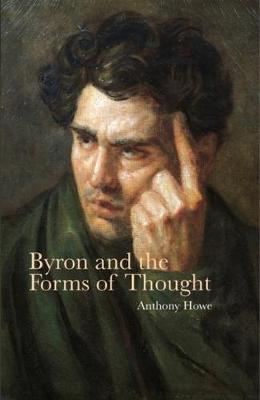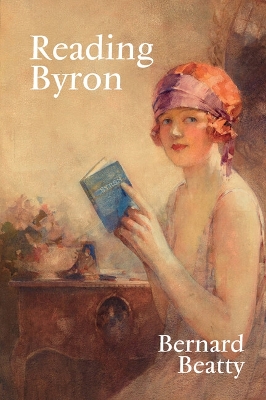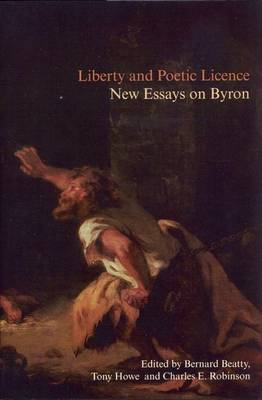Liverpool English Texts and Studies
2 primary works • 3 total works
Book 61
Byron and the Forms of Thought is a major new study of Byron as a poet and thinker. While informed by recent work on Byron's philosophical contexts, the book questions attempts to describe Byron as a philosopher of a particular kind. It approaches Byron, rather, as a writer fascinated by the different ways of thinking philosophy and poetry are taken to represent.
After an Introduction that explores Byron's reception as a thinker, the book moves to a new reading of Byron's scepticism, arguing for a close proximity, in Byron's thought, between epistemology and poetics. This is explored through readings of Byron's efforts both as a philosophical poet and writer of critical prose. The conclusions reached form the basis of an extended reading of Don Juan as a critical narrative that investigates connections between visionary and political consciousness. What emerges is a deeply thoughtful poet intrigued and exercised by the possibilities of literary form.
Book 91
Perhaps no great poet, in any language, has suffered more than Byron from being merely read about rather than actually read. As Bernard Beatty remarks in his introduction to this important collection of essays, the popular conception of ‘Byron’ still often approximates to ‘Rupert Everett with a limp’.
Reading Byron is the product and summation of nearly sixty years devoted to studying and teaching his poetry. It argues that, far from being ‘mad, bad and dangerous to know’, Byron is serious, ethically orientated and rewarding to read. The book is in three parts: Poems – Life – Politics. Five new essays have been written especially for the first and largest section, which gives original re-readings of Byron’s major works. The volume continues with three of Beatty's lively lectures on unappreciated aspects of Byron the man, and three pithy essays on Byron as a complex, if not systematic, political thinker.
While Beatty does not question the pre-eminent status of the ‘bright’ Don Juan, devoting a chapter to an unconventional reading of its final cantos, he argues powerfully that nineteenth-century readers, who responded on an unprecedented scale to the forceful poetic structures of the ‘dark’ Byron in Childe Harold's Pilgrimage, The Tales, Manfred, and Cain, were right to do so. Reading Byron, introduced by the great American scholar Jerome McGann, is itself essential reading for any student or lover of Romantic poetry.


